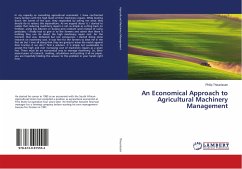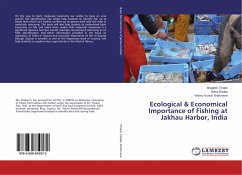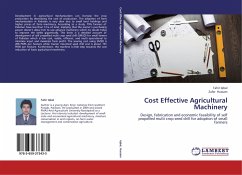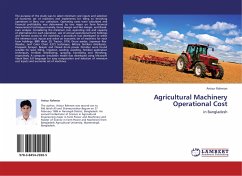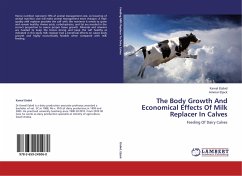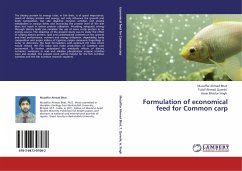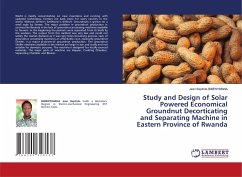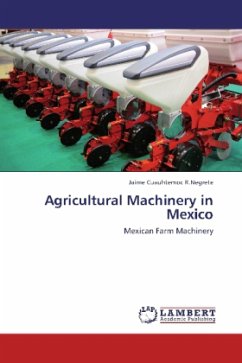In my capacity as consulting agricultural economist, I have confronted many farmers with the high levels of their machinery repairs. While looking down the barrel of the gun, they responded by asking me what they should do to reduce this expenditure. As we argued about it, I started to realize that reducing machinery repairs is not as simple as cutting back on fertilizer, using less laborers or buying pest resistant seed instead of using pesticides. I finally had to give in to the farmers and admit that there is nothing they can do about the high machinery repair cost, for the moment that was. Defeated but not conquered, I started doing some research on machinery cost. It was fine for the farmers to beat me in the first set but I new all along that they are going to loose the match against their tractors if we don't find a solution. It is simply not sustainable to accept the high and ever increasing cost of machinery repairs as a given fact. There must be an economical way to manage machinery. So, after several years of research, reading, calculations and putting it all on paper, you are hopefully holding the answer to this problem in your hands right now.
Bitte wählen Sie Ihr Anliegen aus.
Rechnungen
Retourenschein anfordern
Bestellstatus
Storno

